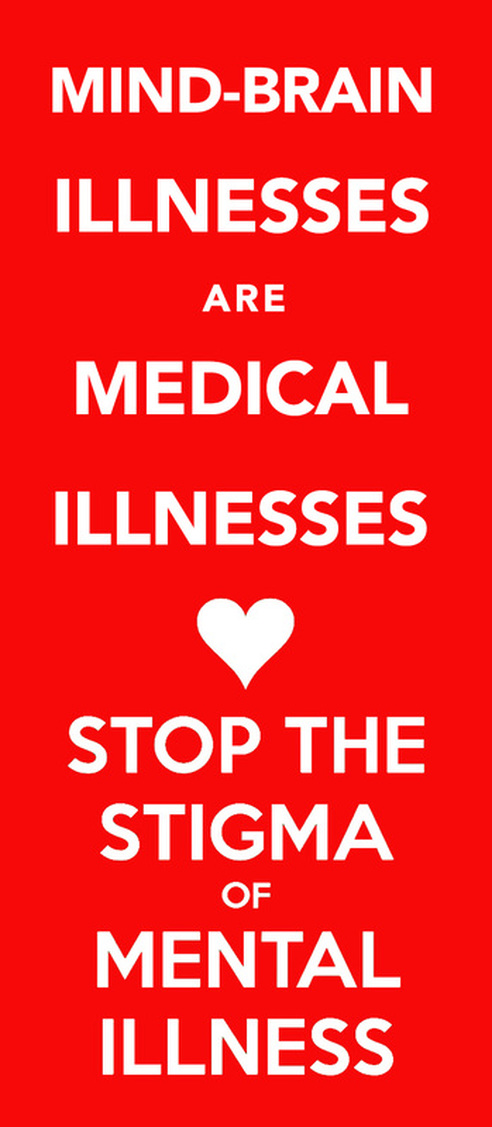Mind-Brain Illnesses 1
Stop Stigma, Stop Abuse of Mentally Ill Patients
|
Mona recorded this video clip for a project that her friend Caitlin B. did in July. The recording is dated June 30, 2016, 2:30 PM. Caitlin wrote that Mona was very supportive.
In this short video clip Mona talks about helpful and important tips when speaking with a suicidal person. Please listen to them, talk to them, treat them kindly - just listen to them. Only as a last resort call 911; impose forced treatment as last resort. You might help prevent a suicide, and save a life. Reportedly, when suicidal, some young adults avoid calling suicide hotlines; they are afraid the hotline will call 911. They are afraid, terrorized of being taken forcefully into a psychiatric ward, where sometimes they might be assaulted, violently retrained - for "resisting treatment", for "not following directions”; they might be pinned down by 5 to 6 (or more) staff members onto to the floor, or onto a bare mattress, be cuffed with leather restraints, be injected with sedatives (also considered restraints) , and be thrown in the isolation room (benignly called "quiet room"). Mona's closest, and best friend, Sulome Anderson posted this on Facebook :
"Anyone considering suicide, please call the National Suicide Prevention Hotline at +1-800-273-8255. Don't give up on the world. Find something or someone to keep you here, because those left behind will forever wonder why they couldn't make you stay, and hate themselves for it." The first time I saw the term "mind-brain illness" was in the website of the Hope for Depression Research Foundation (HDRF). While research to find the cause of depression remains their main goal, they work hard to raise awareness of depression as a medical illness by educating and informing the public about the facts of depression. Consequently their second goal is to help reduce the stigma of depression by which people with mind-brain illnesses are still judged today in the 21st Century.
As per HDRF, depression (and its related mood disorders, bipolar disorder, postpartum depression, anxiety disorder, post-traumatic stress disorder etc) is a serious medical condition. Its symptoms - melancholy, loss of pleasure, loss of energy, difficulty in concentrating, and suicidal thoughts - can cripple a person. |
|
